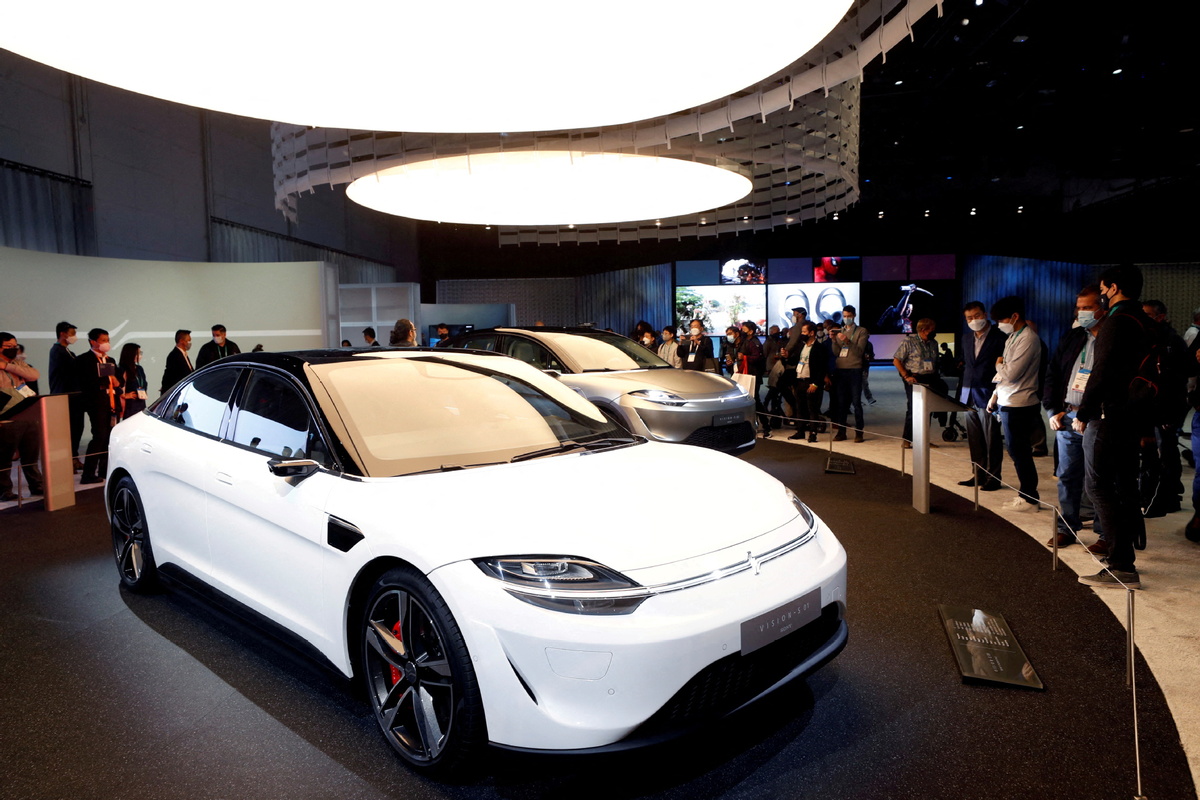EV initiatives yet to conquer US drivers' range anxiety


It's called "range anxiety", and it may be one of the biggest obstacles to more US motorists switching from gasoline-powered vehicles to electric ones.
Range anxiety is the driver's fear that the electric vehicle will run out of power before it gets to a charging station.
The response of the administration of US President Joe Biden to that fear is to distribute $5 billion to states over the next five years so they can build an EV-charging infrastructure along the US interstate highway system.
The highway system would be the "spine" of the network. When fully implemented, the goal is for drivers to be able to find at least one charging port within 80 kilometers of anywhere in the 50 states, the District of Columbia and Puerto Rico.
"Even with the newer higher-range EVs going 200, 300, 400 miles (640 kilometers), range anxiety is an issue," Transportation Secretary Pete Buttigieg said in an interview with Car and Driver magazine in February. "It's sometimes the top barrier to somebody acquiring an electric vehicle that could already stand to save them and their family a lot of gas money," he said.
There are 47,142 publicly accessible electric vehicle charging stations across the US, according to the Department of Energy. The Biden administration has said its goal is to raise that number to 500,000 chargers.
Nearly 489,000 electric vehicles were purchased in the US last year, slightly more than 3 percent of all cars sold, according to consultancy J.D. Power.
In China, the world's largest vehicle market, sales of new energy vehicles, or NEVs, rose by 169 percent to a record 2.99 million units, or 14.8 percent of new sales last year, according to the Ministry of Industry and Information Technology.
China plans to build enough charging stations for 20 million electric vehicles by 2025, according to a new document by the National Development and Reform Commission and nine other ministries.
Less than 1 in 20 new vehicles sold in the US last year was electric, including plug-in hybrids, but according to a survey by consulting firm AlixPartners last October, 19 percent of US consumers said they were "very likely" to buy an EV as their next vehicle, excluding hybrids-up from 5 percent two years before.
The charger stations the administration wants are useless if EVs aren't on the road, and the roadblock to getting that done is price.
With an average price of $56,437 for an electric car, according to the automotive shopping website Kelley Blue Book, many motorists say they can't afford to switch.
Biden's proposed nearly $2 trillion plan contained $555 billion for environmental initiatives, including $12,500 worth of rebates for the purchase of an electric vehicle, but it has been declared "dead" in the US Senate.

































